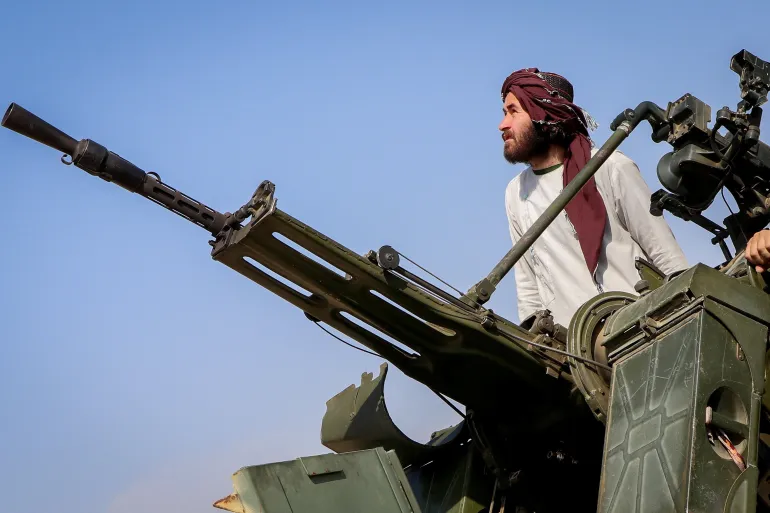By Manisha Sahu | America News World
November 14, 2025
The United States has approved a potential $330 million arms sale to Taiwan, marking the first major defense transaction with Taipei since President Donald Trump returned to office earlier this year. The announcement, made by the Pentagon late Thursday, instantly drew global attention due to the sensitive geopolitical dynamics involving Washington, Taipei, and Beijing.

According to the Pentagon’s Defense Security Cooperation Agency (DSCA), the sale includes critical spare parts and support equipment for Taiwan’s fleet of F-16 fighter jets, C-130 transport aircraft, and various other military aircraft. The report also emphasized that the proposed deal would strengthen Taiwan’s ability to “meet current and future threats” by ensuring the operational readiness of its air force.
Taiwan Welcomes US Decision
Taiwan’s Ministry of National Defense issued an official statement shortly after the announcement, calling the arms deal an important step for maintaining the island’s security. The ministry noted that it expects the sale to “take effect within one month,” pending final formalities.
“The United States continues to help Taiwan maintain sufficient self-defense capabilities, for which the ministry expresses its gratitude,” Taiwan’s defense ministry said. It added that the sale will improve fighter readiness, bolster air-defense capabilities, and strengthen the island’s resilience against military pressure from China.
Officials in Taipei stressed that the acquisition of aircraft components is essential not only for routine military preparedness but also for responding swiftly to China’s persistent “gray-zone” incursions—tactics designed to intimidate Taiwan without crossing into full-scale conflict.
Washington’s Balancing Act: Diplomatic Ties With China, Defense Support to Taiwan
The United States maintains formal diplomatic relations with Beijing, not Taipei, under its long-standing One-China policy. However, Washington continues to uphold strong unofficial ties with Taiwan and remains the island’s most significant arms supplier.
Under the Taiwan Relations Act, the US is legally required to provide Taiwan with defensive weapons to ensure its ability to protect itself from coercion or aggression. This legal framework often puts Washington at odds with Beijing, which considers Taiwan a breakaway province and opposes any foreign military involvement.
Despite the delicate diplomatic tightrope, President Trump has taken a firm stance on Taiwan, continuing the trend of previous administrations by approving arms sales meant to deter Chinese aggression. The latest sale reinforces Washington’s message that it will continue to support Taiwan’s security despite Beijing’s objections.
Beijing’s Gray-Zone Tactics Intensify
China has intensified its military presence around Taiwan in recent years, sending fighter jets, drones, and naval vessels into areas surrounding the island on a near-daily basis. Taiwan describes these incursions as gray-zone operations—activities that fall short of war but are aimed at exhausting Taiwan’s military resources and testing its defenses.
By providing critical aircraft components, the US aims to enhance Taiwan’s ability to maintain a high state of readiness. Ensuring that Taiwan’s F-16 fleet remains operational is particularly important, as these fighter jets form the backbone of the island’s air-defense capabilities.
Experts suggest that the steady increase in Chinese air and naval activities may be part of Beijing’s broader strategy to pressure Taiwan into political concessions while avoiding an outright military confrontation—at least for now.
Trump and Xi Jinping: Diplomacy, Tensions, and Taiwan’s Concerns
The timing of the arms-sale announcement comes shortly after President Trump’s meeting with Chinese President Xi Jinping in South Korea last month. The leaders reportedly discussed trade issues, regional security, and ongoing tensions in the South China Sea.
Before the meeting, there were concerns in Taiwan that Trump might compromise on Taiwan-related issues to secure favorable terms in trade negotiations with Beijing. Those fears intensified after reports surfaced about possible concessions tied to US-China economic discussions.
However, during private conversations, Trump reportedly told advisers that Xi reassured him China would not invade Taiwan while the Trump administration remained in office. Although this statement has not been independently verified, analysts note that such diplomatic assurances do not typically alter China’s long-term strategic goals.
The approval of the arms sale appears intended to reassure Taipei that Washington remains committed to its security, despite ongoing US-China negotiations.
Arms Sale Signals Larger Strategic Message
Defense analysts view the $330 million sale not merely as a transactional exchange but as a strategic signal from the United States. Beyond the military significance, the sale conveys Washington’s ongoing commitment to countering China’s influence in the Indo-Pacific region.
Taiwan’s ability to maintain a ready and capable air force plays a crucial role in deterring Chinese aggression. Reliable access to spare parts ensures that Taiwan’s aircraft remain in service rather than grounded due to maintenance delays—an issue that could weaken deterrence and leave Taipei vulnerable.
The United States, meanwhile, aims to prevent unilateral changes to the status quo across the Taiwan Strait, which could destabilize the broader Indo-Pacific region.
Growing Tensions Ahead
As the geopolitical rivalry between the US and China continues to deepen, Taiwan remains a central flashpoint. China has repeatedly stated that it will not renounce the use of force to bring Taiwan under its control. Taiwan, in turn, maintains that only its people can decide the island’s future.
Washington’s latest arms sale further cements its position in the conflict, ensuring Taiwan remains equipped to defend itself—even as Beijing protests foreign involvement in what it views as its internal affairs.
The coming months are expected to bring heightened political and military activity around the Taiwan Strait, especially as China continues to assert its claims and the US deepens its security partnerships in the region.
Discover more from AMERICA NEWS WORLD
Subscribe to get the latest posts sent to your email.



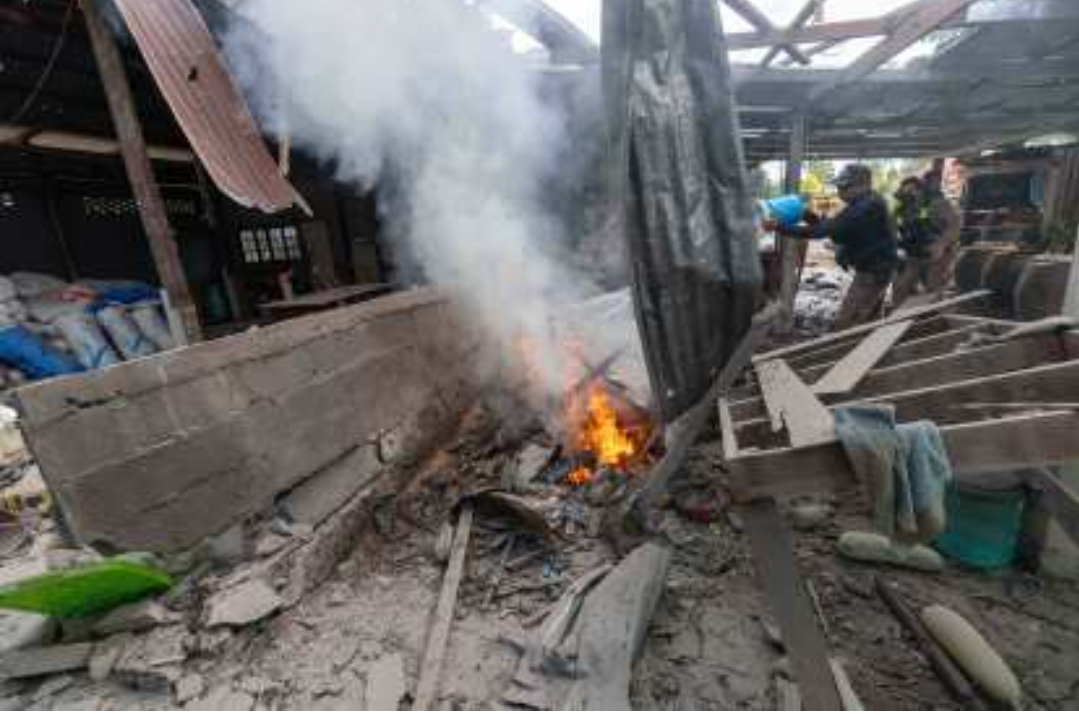
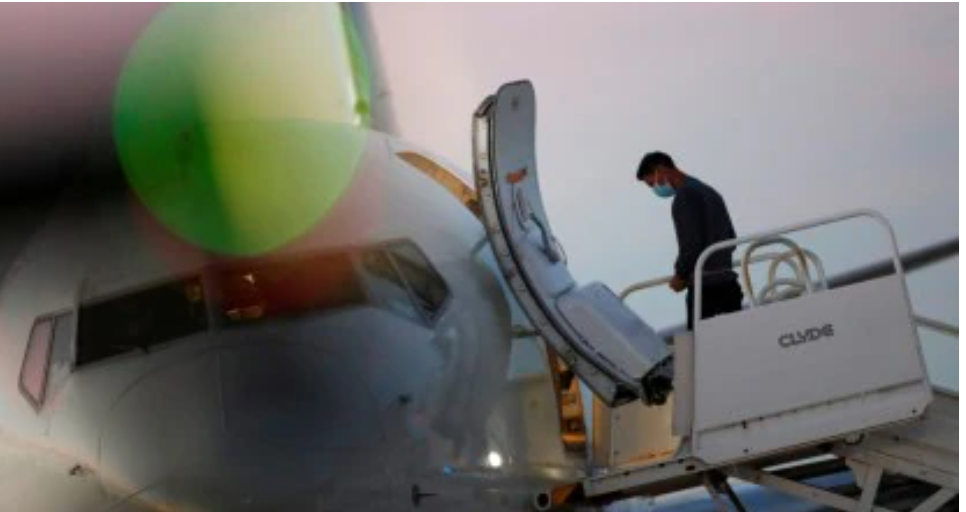
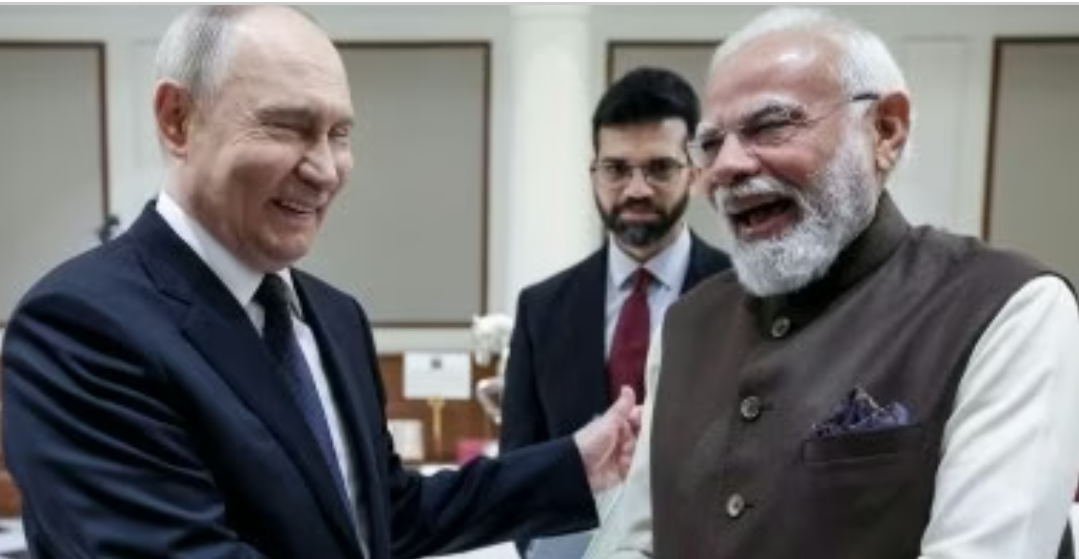
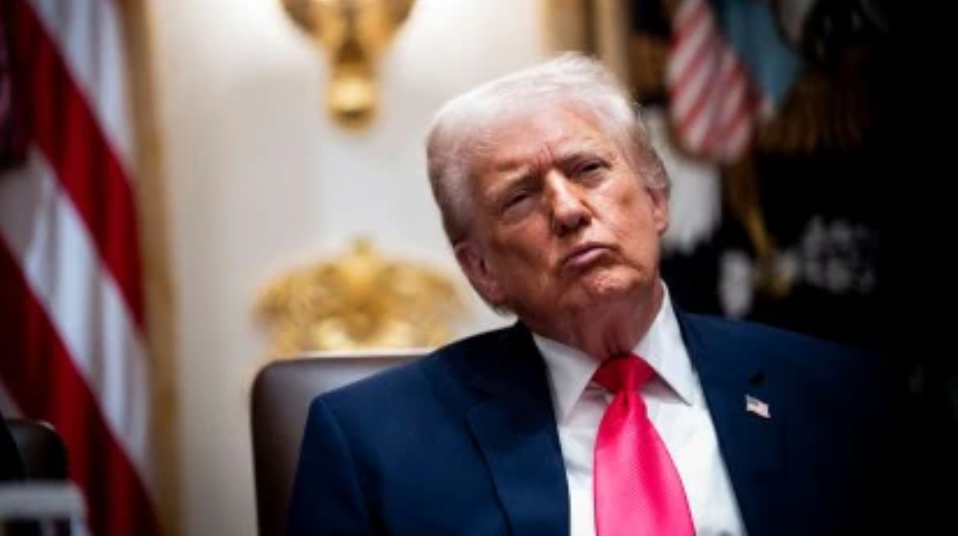
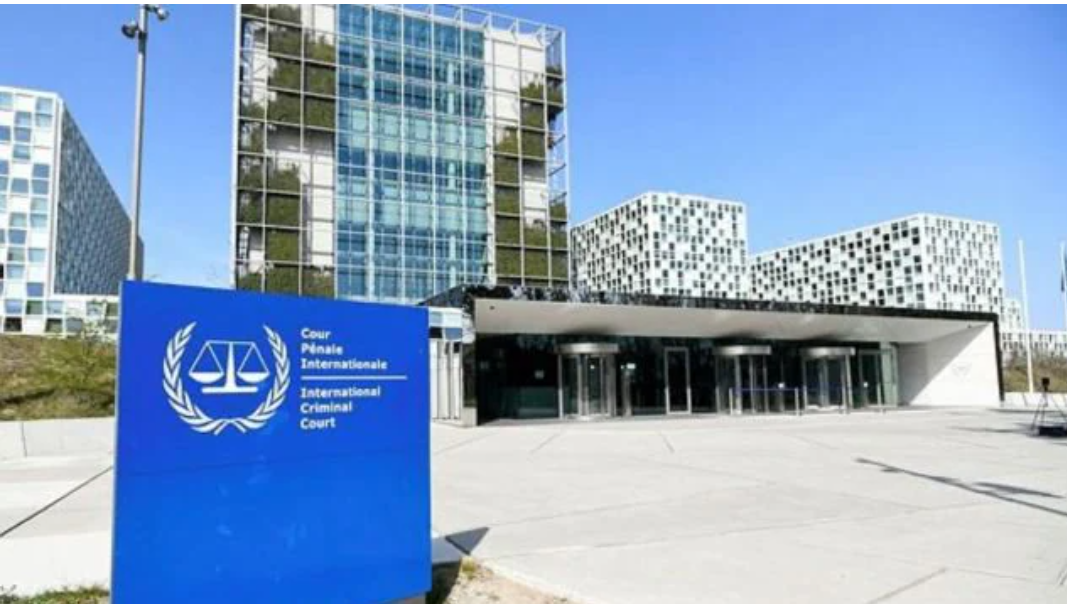



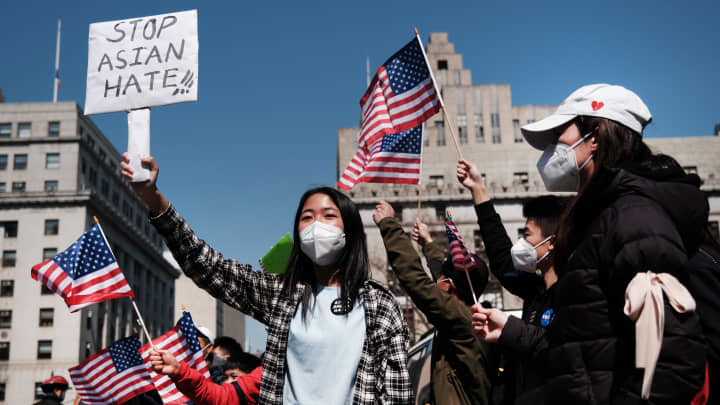




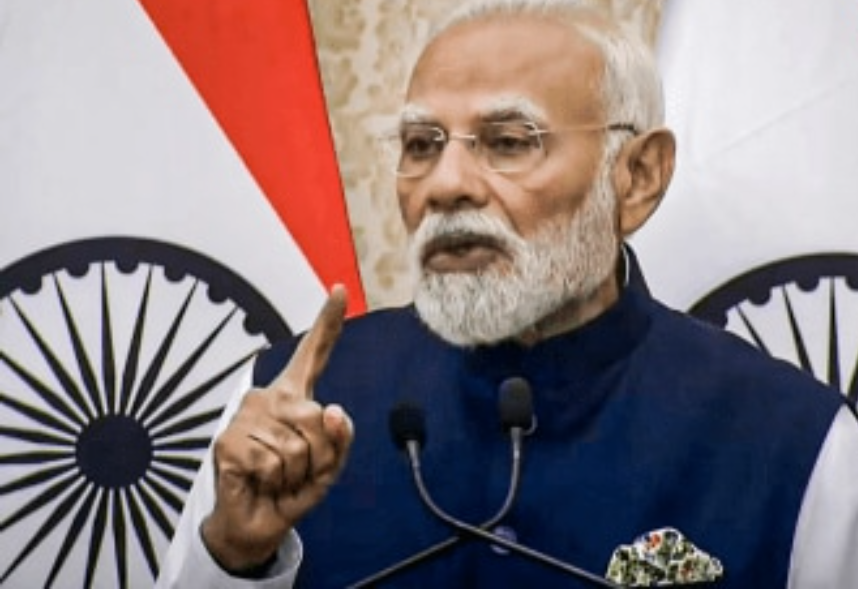

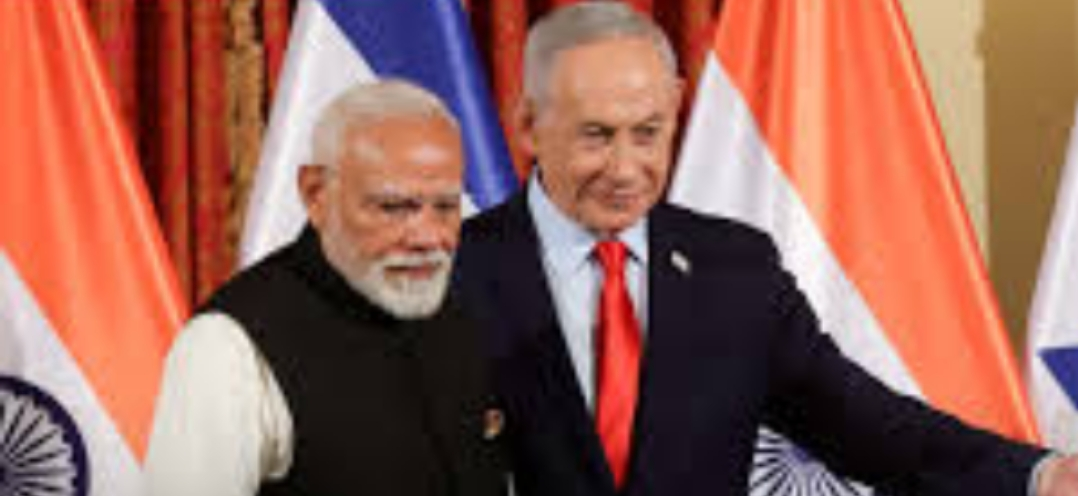
![Smoke rises after Israeli strikes in Beirut's southern suburbs, on March 2 [Mohamad Azakir/Reuters]](https://america112.com/wp-content/uploads/2026/03/hgh.webp)

